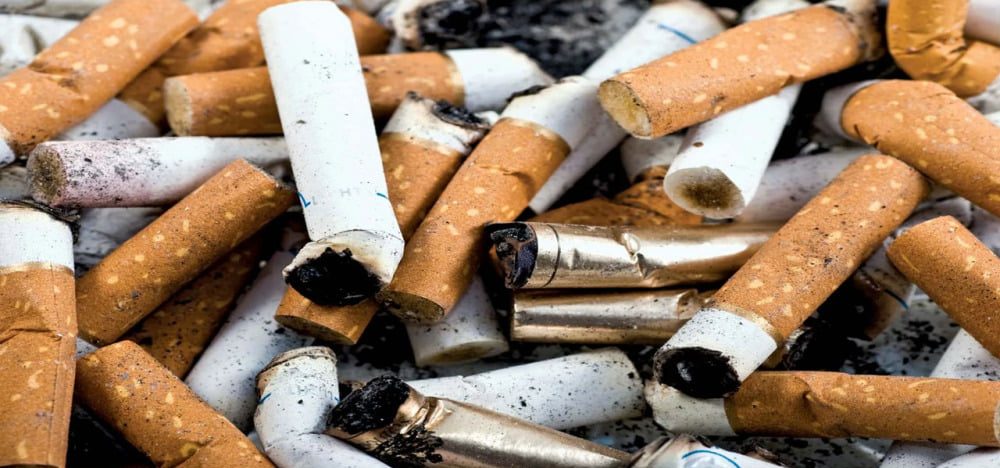The Government of India is considering increasing GST by removing compensatory cess on cigarette and other tobacco-related products. Currently cigarette and other products are levied 28 percent of GST in addition to cess and other taxes, causing the total indirect tax to 53 percent. The proposal to increase GST to 40 percent and apply additional excise duty on it is being considered. The government believes that there should be no loss in revenue after removing the prescribed compensation cess and other cess by 31 March 2026.
The government is not in the mood to impose any other cess in place of compensation cess.
Officials say that the government is not in the mood to impose any other cess in place of compensation cess. According to officials, the GST Council’s ministerial panel can discuss the future of compensation cess after 2026. An official said that cess is not considered effective. It is expected that the panel will consider all options before submitting its report. After this, the GST Council will take a final decision on the recommendations.
How much does the government earn?
Currently, in addition to 28 percent GST, compensation cess, original excise duty and national disaster contingency fee are levied on 28 percent GST, which are considered harmful, cigarettes and other smokeless tobacco products. But a total of 53 percent tax on cigarettes – GST and other fees – is still much lower than the 75 percent rate recommended by the World Health Organization. Tobacco and tobacco products, including cigarettes and pan masala, contribute significantly to the tax revenue of the government-which will make the government an income of Rs 72,788 crore in 2022-23.
No new cess
The official said that the second option is that health cess should be imposed in place of compensation cess, but some states are not in its favor… Center is also not in theoretically in favor of imposing new cess. 5 percent return cess is levied on products such as cigars and cigarettes. Subsequently, every thousand cigars or cigarettes are levied an additional specific tax ranging from Rs 2,076 to Rs 4,170, depending on their length, filter and their being flavored or not.
Group of ministers suggested change
The GST Council formed a ministerial (GOM) for taxation on tobacco under the leadership of the then Finance Minister of Odisha. The Group of Ministers had suggested a change in the cess element of GST, saying that it should be linked to the maximum retail price of the product instead of the selling price. Later, the issue was sent to the Fitment Committee and the Ministers on the rationalization. In addition, the council asked the Group of Ministers constituted on the compensation cess to consider tobacco tax, and to merge the cess in the existing slab or consider both the scenarios of imposing any other cess.
